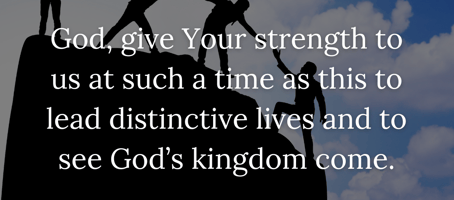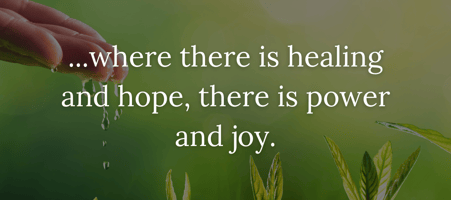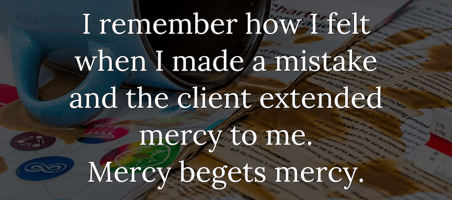This blog is based on a sermon by Pastor Teresa Howell-Smith on May 11, 2025 We all reach those...
Listening to Stories of Injustice, Opening Ourselves to Change
 During Plymouth Church’s Just Peace Sunday worship services, we pray for worldwide peace and justice. During one of these services, Sheila Feay-Shaw read aloud the scripture Mark 4:3-12. Afterwards, she gave the following sermon.
During Plymouth Church’s Just Peace Sunday worship services, we pray for worldwide peace and justice. During one of these services, Sheila Feay-Shaw read aloud the scripture Mark 4:3-12. Afterwards, she gave the following sermon.
At the beginning of many of the music education courses that I teach, I ask students to write their musical autobiographies, and I share mine with them. This allows me to learn how they have come to be the musical person they are. I recognize that the seeds were planted long before they came to be my students. In order to help them grow, I need to understand what type of seeds were planted, and what type of soil received them.
We all come to Plymouth having been planted in our faith in many different ways and places. What binds us together is our desire to be loved and forgiven for the wrongs we find ourselves doing to others. We hope to find a message that will help us to live better lives, and in so doing, become better people.
Over the years that I have been a member here at Plymouth, we have been privileged to hear the stories of many people whose lives are centered in the work of justice and acts of mercy. We find it much easier to sign up for the acts of mercy that are needed when the blank page crosses our path. The work of justice is a work in progress. Often we ask, “What can we do?” We ask this because we are truly uncertain, and other times we don’t ask the question because we fear what the answer might be.
We recently heard from Trinika Walker, who started the organization Stop the Violence, 53206 after her 17-year-old son was killed by gun violence. On the morning that she spoke, we heard about not only the loss of her son in 2018, but the additional loss of her three-year-old grandson in 2022, who innocently got a hold of a gun, and the recent death of her brother to gun violence. Her story made me think: “How can she go on under the burden of so much grief?” She spoke of her faith as the thing that sustains her as she seeks justice for the victims of senseless violence and loss. Trinika Walker’s story and journey do not provide concrete answers to the question of “What can we do?”, but listening to her story brings awareness and humanness to a system of injustices that continue to impact people in our community.
Many of us had the chance to listen to the story that Larry Littlegeorge, Ho-Chunk elder and lay leader in the Ho-Chunk United Church of Christ, told about the deceitful removal of his sisters from his family when he was young. His parents were told they were signing papers to provide medical care to the girls when in truth they were signing away their parental rights. Many stories like this one tell of the removal of indigenous children from their families as one step in the destruction of Native American families. As a church, we have taken small steps in acknowledging the damage that continues to be done in the lives of our Native American brothers and sisters by the Doctrine of Discovery, but we find ourselves also continuing to ask “What can we do?” to bring justice and the spirit of God to this issue?
When Eva Welch and Shelly Sarasin from Street Angels told their stories of seeing a need in the community to support homeless individuals who the city had determined were not present because they did not see them, we learned that there are reasons people make the choice to remain on the street. There are no shelters in Milwaukee that will provide housing for a homeless couple without children. At a moment in life where two people have each other, and little else, staying together can mean everything. Dignity was another big element of the story that they shared. Things that most of us take for granted, such as being able to shower in privacy and put on clean clothes, or praying words of faith that you believe when it is meaningful to you rather than convenient to someone else, are worth the dignity of humanness that Street Angels bring on their visits three nights a week to the homeless across Milwaukee. They are doing acts of mercy alongside the work of justice for affordable, permanent housing.
In listening to and hearing the stories of those for whom injustice can be a daily struggle, and in continuing to ask “What can we do?,” we open ourselves to nurture the soil in our community to provide a harvest of action. We listen for the Still Speaking God that stands in our midst each and every day.




